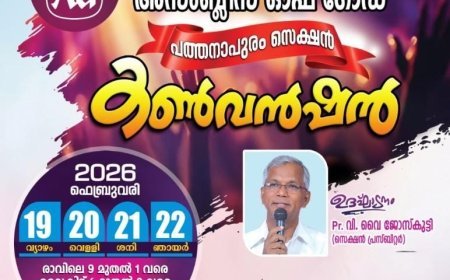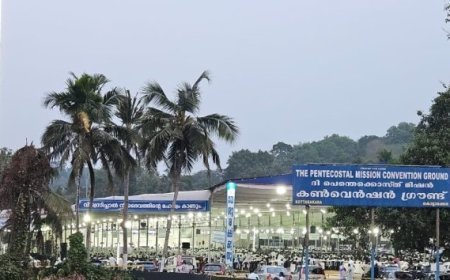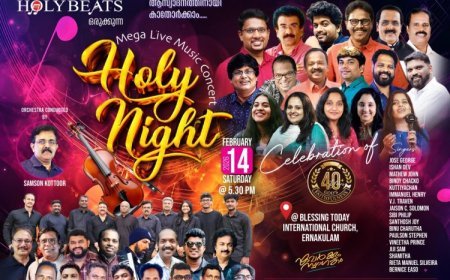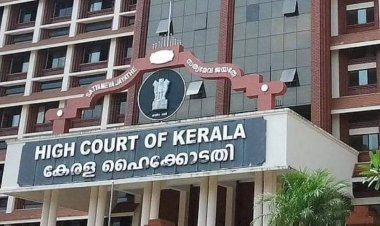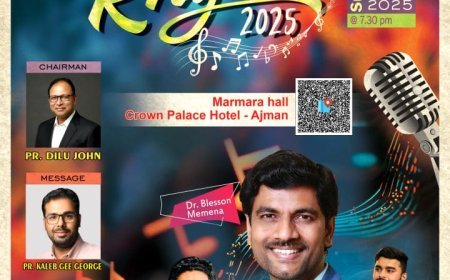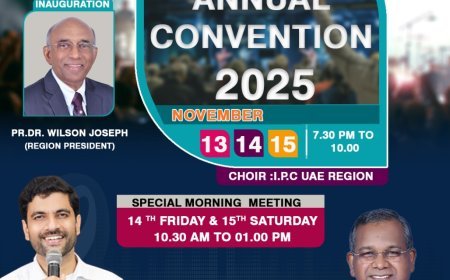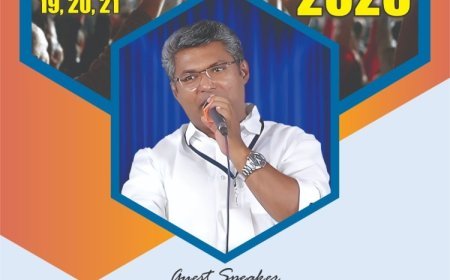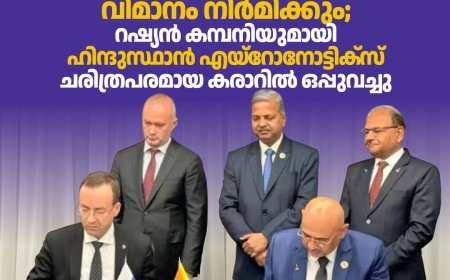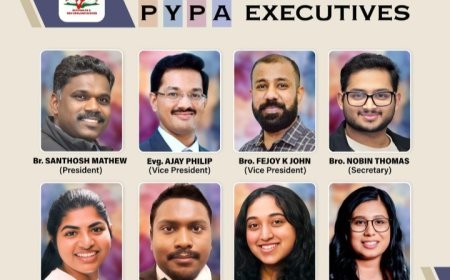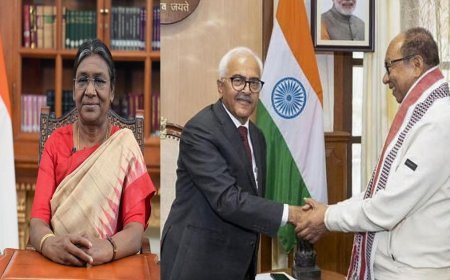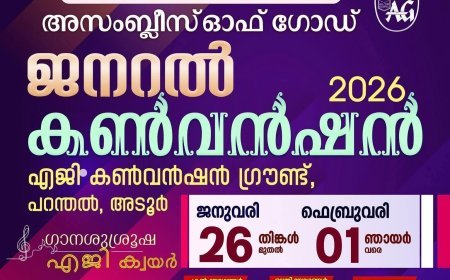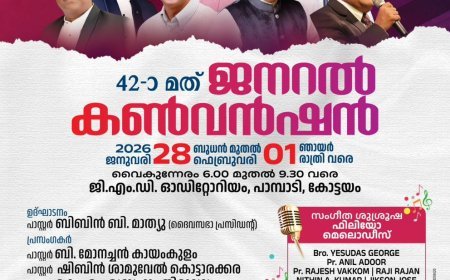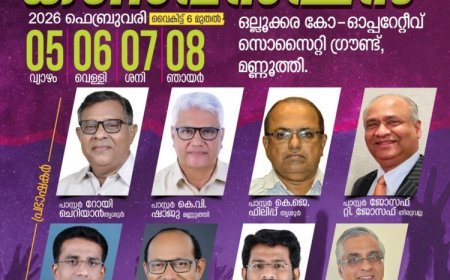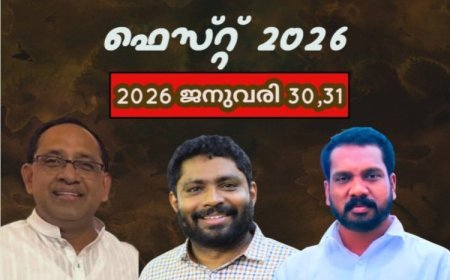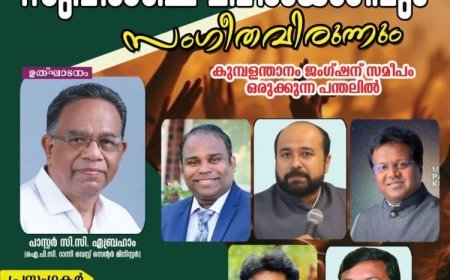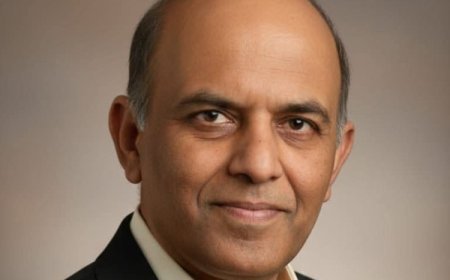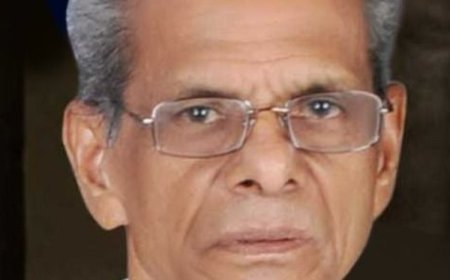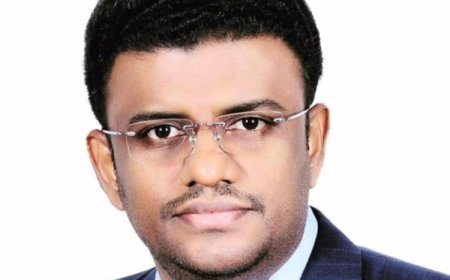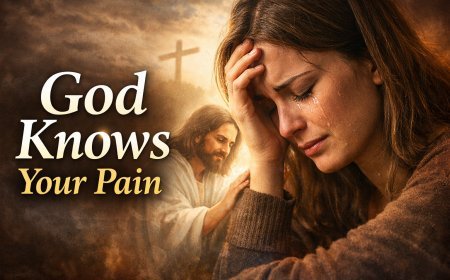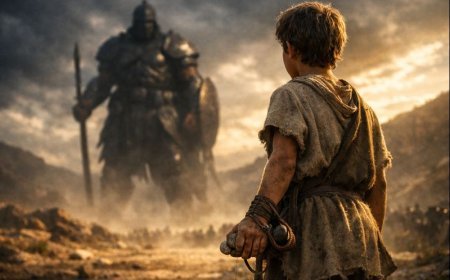Delhi HC seeks Centre and State’s stand on PIL to include ‘dharma’ and ‘religion’ in school syllabus
The Delhi High Court on Wednesday asked the Centre and the State government to respond to a public interest litigation (PIL) seeking a direction to the authorities to include a chapter on “dharma” and “religion” in the syllabus of primary and secondary schools “in order to educate the masses and control the religion-based hatred and hate speeches”.
Learn Job Interviewing Skills: Win your Dream Job
In his petition, lawyer Ashwini Kumar Upadhyay asserted that “dharma” is not religion as the former is “non-divisive”, “non-exclusive”, and “transcends narrow boundaries of religion”.
He sought for a direction to use the “proper meaning” of the term “religion” and not use it as a synonym of “dharma” in official documents, including the birth certificate, Aadhaar card, school certificate, ration card, driving licence, domicile certificate, death certificate, and bank account.
“If we try to define religion then we can say that religion is a tradition, not dharma. Religion is a cult or a spiritual lineage that is called a ‘sampradaya’ (community). So, religion means community,” the plea said.
Learn Job Interviewing Skills: Win your Dream Job
“In daily life, we say this person follows ‘Vaishnav dharma’ or Jain dharma, or someone follows Buddhism or Islam or Christianity [—] that’s not right. Instead, we should say that a person follows ‘Vaishnav sampradaya’ or this person follows ‘Shiv sampradaya’ or follows ‘Buddha sampradaya’. This person follows Islam or Christian sampradaya,” the plea said.
“There have been many wars and war-like situations for religion. Religion works on a mass of people. In religion, people follow someone or someone’s path. On another side, dharma is a work of wisdom,” the plea added.
Learn Job Interviewing Skills: Win your Dream Job
“Religion has been one of the most potent divisive forces in all history” while “dharma” is “different because it unites”, Mr. Upadhyay said.
“There can never be divisions in dharma. Every interpretation is valid and welcome. No authority is too great to be questioned, too sacred to be touched. Unlimited interpretative freedom through free will is the quintessence of dharma, for dharma is as limitless as truth itself. No one can ever be its sole mouthpiece,” the petition said.
The High Court has posted the case for further hearing on January 16.
What's Your Reaction?
 Like
0
Like
0
 Dislike
0
Dislike
0
 Love
0
Love
0
 Funny
0
Funny
0
 Angry
0
Angry
0
 Sad
0
Sad
0
 Wow
0
Wow
0
